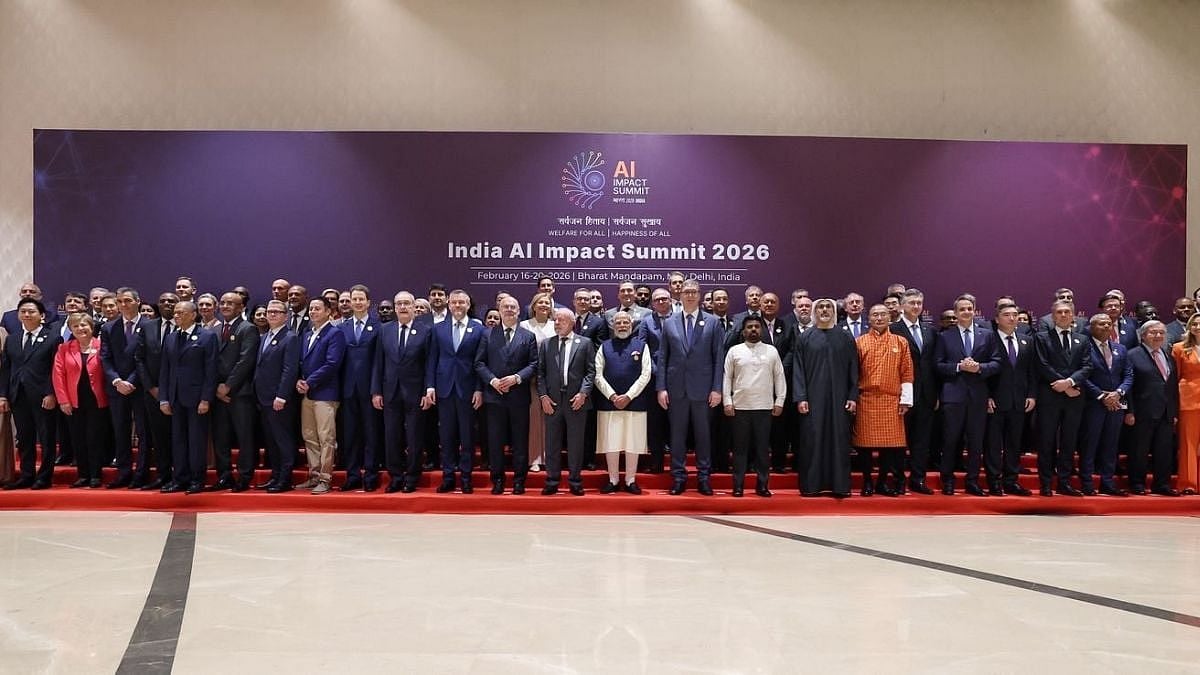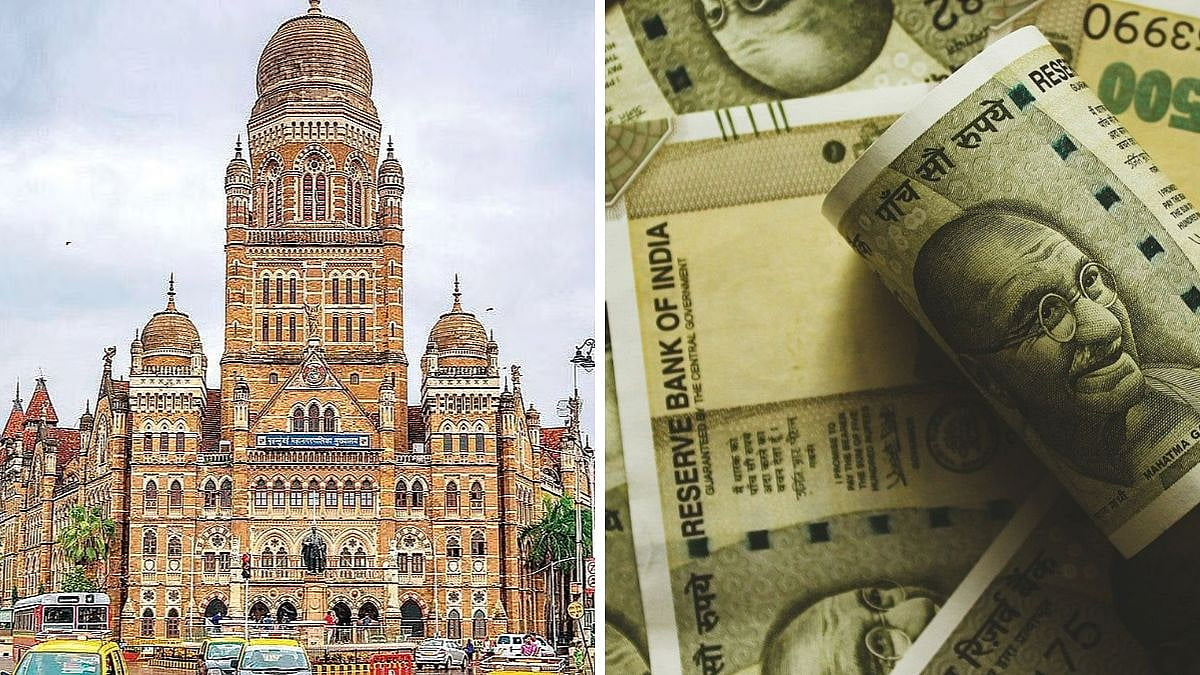Gold has been a valued commodity since ages in India. But this commodity has not received the recognition it should have got. Many governments introduced various schemes to boost gold as an asset but fell short of what was required most of the times.
At the panel discussion titled ‘Evaluating gold policies’, Surendra Mehta, National Secretary, India Bullion & Jewellers' Association (IBJA) said, “There is a social value attached to gold. It is considered to be streedhan (assets owned by women).
Time and again many governments have tried to convert this social value into economic value and failed miserably.” Mehta further stated that even though gold monetisation scheme and sovereign gold bond were launched a few years ago, “Through both the schemes only 46 tonnes have been collected.”
While there can be many questions on the status of gold, Mehta strongly believes that it will continue to have social value. “Many people continue to buy gold not because they want to benefit from any increase in prices, but because of its social importance.”
CARE Ratings’ Chief Economist, Madan Sabnavis stated gold in India is not just a commodity, but also a non-financial asset and a financial asset. “Gold is a combination of everything. It is a non-financial asset and a financial asset at the same time.”
He went on to explain that when you talk about a productive asset, it is anything that can help you raise capital. “One tends to think of gold as a dead investment when one buys gold and accumulates it.”
Sabnavis further added that if gold is in the form of ETF and gold monetisation scheme then it is a financial asset. “But if gold is stocked at home then it is a non-financial asset.”
Bullion expert at the panel, Bhargava Vaidya, made an extremely pertinent point when he said that if gold is not a commodity and is a currency, he could be persuaded to file a writ petition against the authorities saying they have no right to put GST or duty on it, because currency cannot invite this type of levy.
“I always asked the authorities to make gold currency so that it is not taxed,” Vaidya added. Citing the example of bank, he said that money lying in the locker is unproductive, but money in a bank is productive.
“It is not the format or relationship with the currency or commodity but the way it is stored that makes it productive or non-productive. If gold is channelised in the right way, it can be made a productive asset.”
Sudheesh Nambiath, Head, India Gold Policy Centre (IGPC) of the Indian Institute of Management- Ahmedabad (IIM-A) stated that gold is used by rural populations in the country and it becomes a critical instrument for them to raise capital.
Another panellist at the discussion, Sabyasachi Ray, executive director, GJEPC stated, “Gold has been a productive asset for quite sometime. So, it will continue to remain that way in the country.” Ray pointed out that there is no formal gold banking in the country which is the need for the country.
“Gold banking is about monetising gold. Once gold is monetised, it becomes a financial instrument and this can be used for ages.” To this Vaidya added, “The metal will not be recognised in the economy in the right form due to the absence of gold bank.”
In September, gold prices hit record high in India due to the backdrop of worries of a global economic slowdown, the US-China trade war and other factors.
The need to have policies to allow banks to buy back gold is critical, stated Somasundaram PR, MD, World Gold Council India. “You need to allow bullion banks to come in.”
Citing the case of Godwin Jewellers, Somasundaram said that people are depositing gold with jewellers as there is no bank that allows this.
“If there is a bullion bank then gold will not be stored with jewellers but with banks.” Other than bullion banking, he stressed on the need to have a gold regulator and have a gold spot exchange.
“There should be a gold regulator which will look into end-to-end regulations. There should be a central body for gold.” Somasundaram stressed there is a need to have regulator which will manage the industry rather than have the Reserve Bank of India or the finance ministry take decisions about this yellow metal.
Commenting further on the functions of the gems and jewellery industry, Sanjiv Arole, gold columnist said, “The authorities view the industry in a suspicious way. I believe that the industry should work towards improving that image.”
To which, Vaidya added the trade should move towards having self-regulation. “If that is in place, rest will fall into place.” The best summing up was done by Somasundaram who said that the gold industry needs some crucial things – it needs a regulator, a bullion bank, transparency and a stable policy environment rather than one which kept changing taxes and rules constantly. Hopefully, the government will put in place measures that will actually make this happen.




